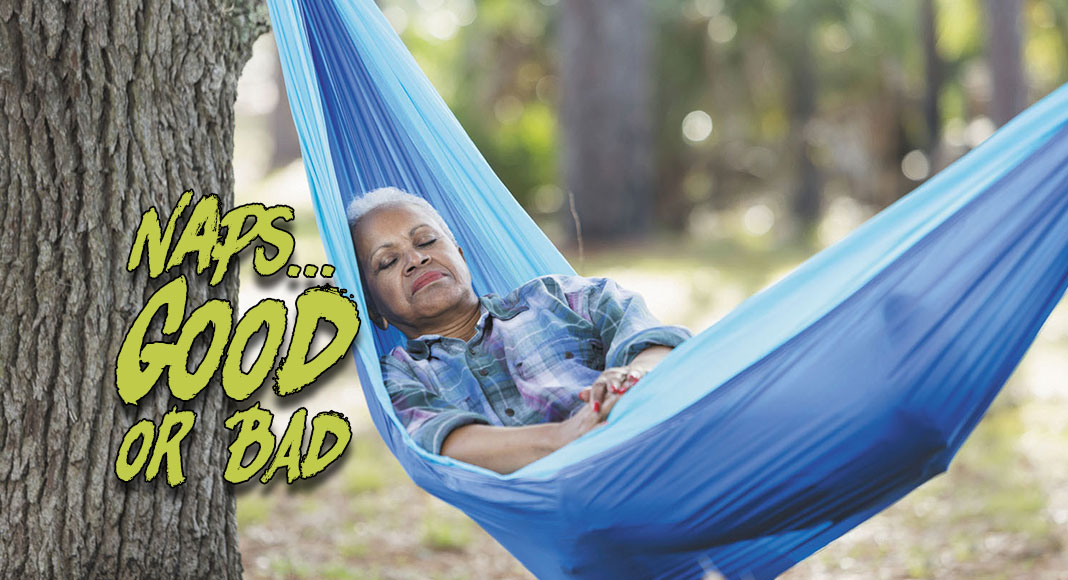
Texas Border Business
Harvard Medical School – In many cultures, napping in the afternoon is not only common, but a regular part of daily life. In the United States, as many as a third of adults regularly partake in a midday catnap, according to the National Sleep Foundation.
If you are in good health, these short daytime sleeps can bring benefits: helping you catch up on a late night, making you feel less cranky, or ensuring you’re well rested if you do a job that falls outside traditional daytime work hours. They can also keep you safe on the road, protecting you from drowsy-driving accidents.
“In addition to reducing sleepiness, naps have been shown to improve memory in the laboratory setting,” says Dr. Suzanne Bertisch, an Associate Physician and Clinical Director of Behavioral Sleep Medicine at Harvard-affiliated Brigham and Women’s Hospital.
But the research on napping isn’t all rosy.
“There have been some large epidemiology studies that have suggested both benefits and harms with napping on a population level,” she says. It is difficult to draw conclusions on the individual level.
The pros and cons of naps
For example, some studies have found that adults who take long naps during the day may be more likely to have conditions such as diabetes, heart disease, and depression. The urge to sleep during the day may be a sign that they are not getting enough sleep at night, which is associated with a higher risk of developing those chronic conditions. Daytime drowsiness may also be a sign that you are getting low-quality sleep, which may indicate a sleep disorder.
In some instances, napping sets up a vicious cycle. You sleep during the day to make up for lost sleep at night, but then you have a harder time falling asleep at night because you slept during the day.
“Limiting naps is one strategy to improve overall nighttime sleep,” says Dr. Bertisch.
How to nap well
If you do plan to take a nap during the day, here are some guidelines you can follow to help ensure that it won’t interfere with your nighttime slumber.
Time it right. The best time to sleep is the early afternoon, when your body experiences a natural circadian dip, says Dr. Bertisch. “If you take a nap in the late afternoon or evening, it will likely be harder to fall asleep later,” she says.
Keep it short. Abbreviated sleeps, around 20 minutes, may be best to avoid grogginess when you wake up. Shorter naps can also help to prevent you from having trouble falling asleep that evening. Time it right by setting an alarm.
Get comfortable. For a high-quality rest, be sure to find a quiet, cozy spot where you won’t be distracted.
Examine your motivation. “If you need to nap during the day, it is important to assess why you may be sleepy enough to fall asleep during the day, especially if you nap regularly,” says Dr. Bertisch. Track how much sleep you are getting at night. If you aren’t getting enough, try to improve your sleep habits (see “Tips for better nighttime sleep”). “If you are already getting at least seven or more hours of sleep at night and are still tired during the day, discuss this with your doctor,” she says.
Tips for better nighttime sleep
If you find yourself tossing and turning at night, here are some strategies you can use to rest more soundly.
Stick to a regular sleep schedule. Go to bed and wake up at the same time each day.
Avoid alcohol and caffeine late in the day. These can both interfere with sleep quality.
Turn off electronics at least one hour before bedtime. Blue light from screens, such as your television or phone, can make it harder for you to fall asleep. So shut them down at least an hour before you turn in.














